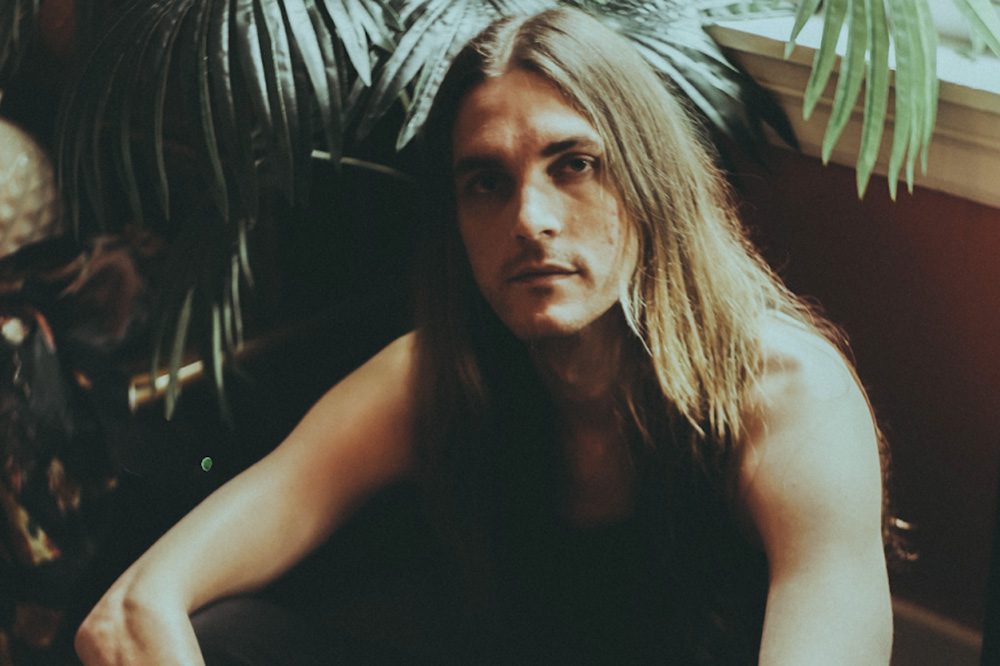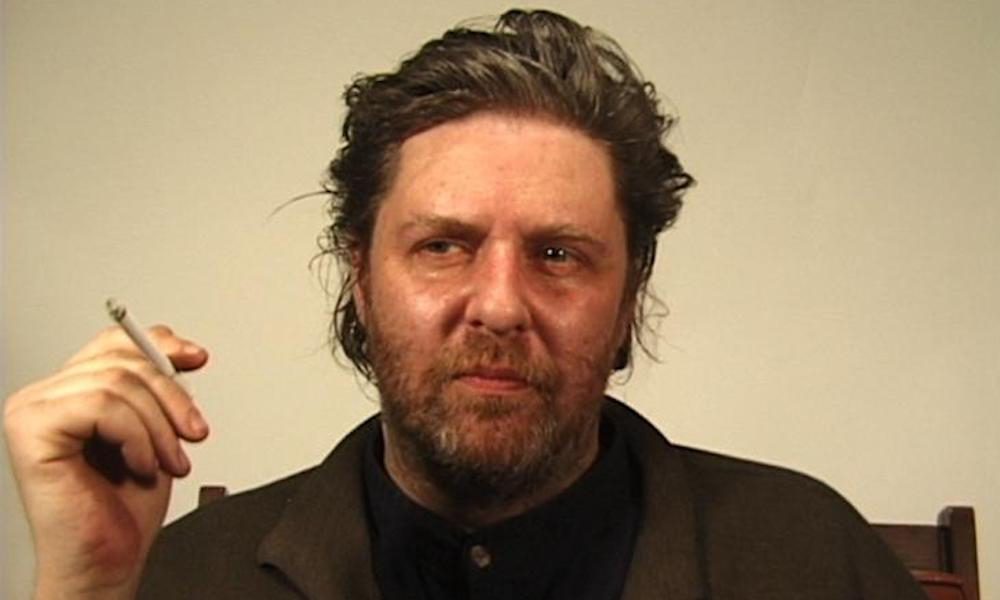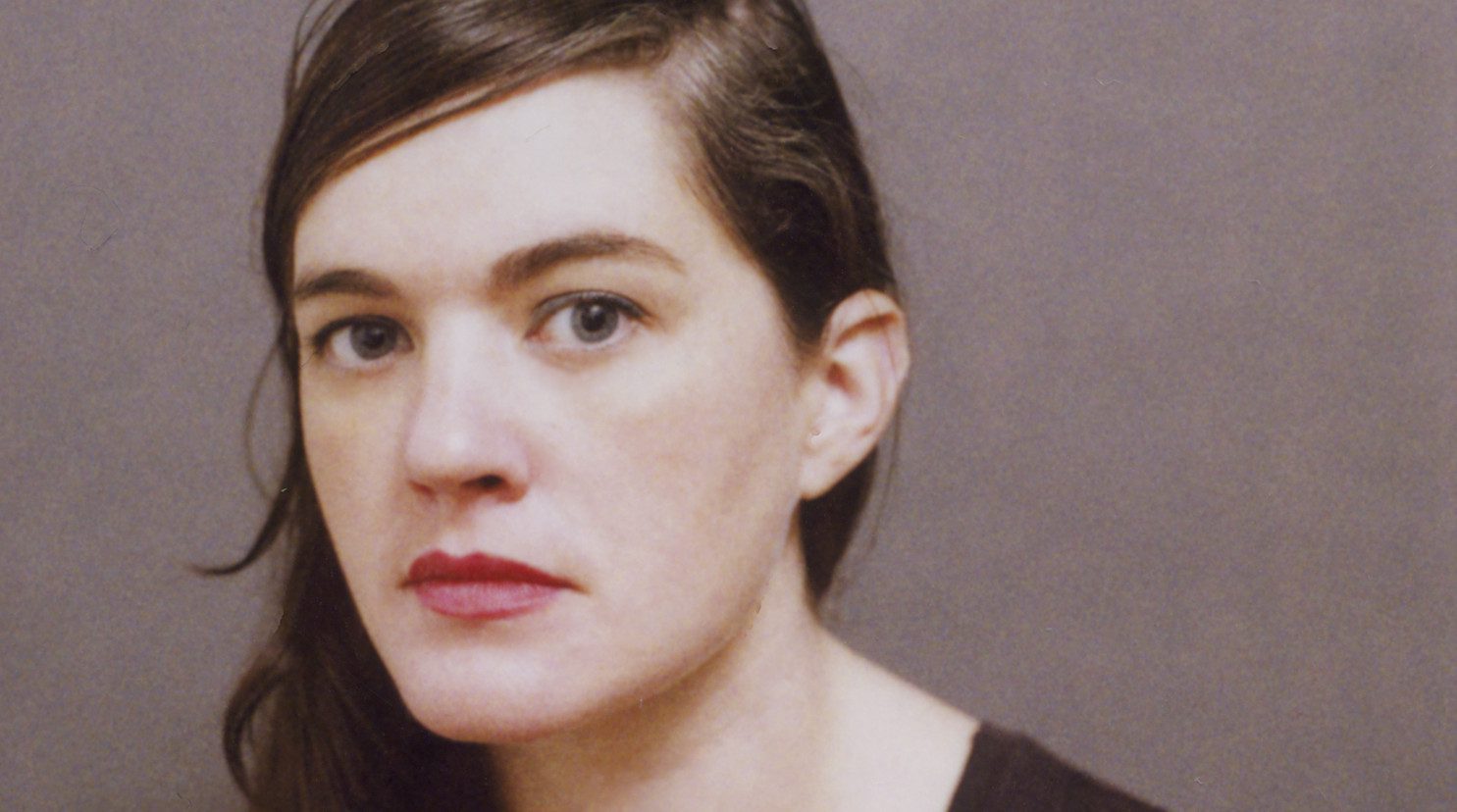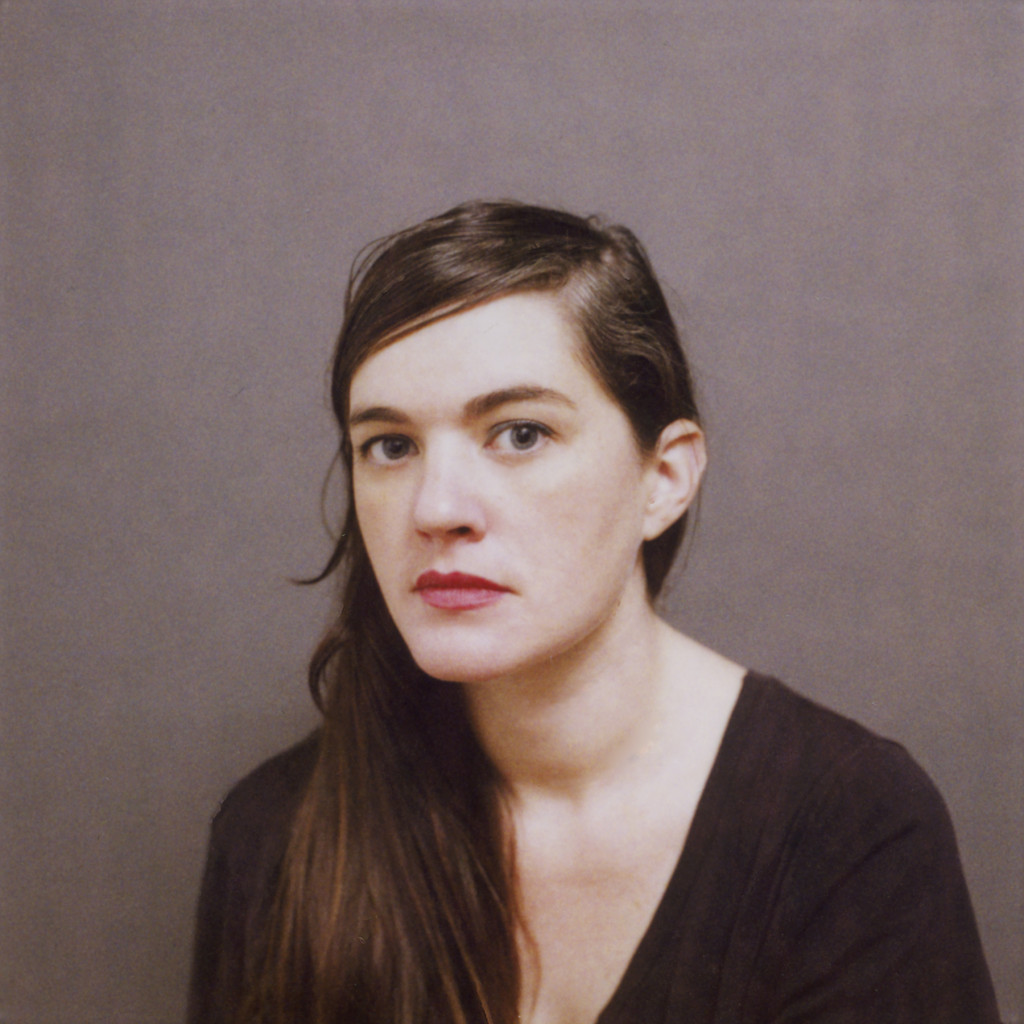

With his debut LP, Tender, Ryan James Brewer finds liberation from his past.
Raised in a rural country town in Australia, Brewer admits it was difficult growing up queer in a conservative area. Brewer developed depression and anxiety at an early age that he is still working through today, with therapy and music serving as a healthy combination to help process these complex experiences. “I ran up against a lot of bullying,” Brewer shares with Audiofemme of his upbringing. “Especially as a teenager when you’re finding out about your own sexuality, the general ideals and values there didn’t really help with that. I think as a result of that it took me a long time work through a lot of that and I think I suffered a lot.”
The budding artist eventually migrated from his small town to the bustling city of Melbourne, where he cut his teeth as a singer and songwriter. In need of a change of scenery and a desire to connect with his contacts in the alt-country and Americana realms of music, Brewer made the 9,000 mile trek to Nashville for a fresh start. It’s here he planted the seeds for Tender, a 10-track exploration of sounds as intricate as the stories they’re wrapped around that masterfully weave together in a avant garde pop masterpiece.
“The record does try to address my struggles as openly as I can possibly be with it all,” he expresses. “[I’m trying to find strength in vulnerability, and challenging the archetypal masculine idea that vulnerability is a negative thing, which I think it’s actually quite the opposite.”
Brewer rejects this norm in “Limits of the Heart,” wherein the song’s carefree spirit is backed by an intoxicating beat of synth pop sounds that create a dreamlike effect. The song is years in the making, as Brewer had begun writing the track inspired by “unsuccessful courtships” and the struggle of embracing his place on the spectrum of sexuality while living in Melbourne in 2015. After five attempts, Brewer tore the song down in order to build it back up again while writing with a friend in Nashville before he landed on the final adaptation.
“I was definitely grappling with my sexuality and figuring out what sexuality meant for me at the time, coming to grips with my identity as a bisexual man – because in my past I had been conditioned to think that was a bad thing,” he explains. “Part of writing that song was working through a bunch of my internalized homophobia. It was a way of releasing that in a sense.” The line “one breath dispels the limits of the heart” is one of Brewer’s favorites – he drew inspiration from Arthur Rimbaud’s poem, “Ordinary Nocturne,” which he came across while fine-tuning the track. “To me, it speaks to a freedom within vulnerability,” he notes of Rimbaud’s work.
“One Another” acts as a “companion song” to “Limits of the Heart,” addressing the push and pull Brewer felt between his own feelings and rural Australia’s close-minded views; trying to reconcile the two practically required multiple identities, and had an impact on Brewer’s sense of self. “I identify with that in a strong way, especially in terms of sexuality coming up against a negative association… that had been engrained from a super young age because of the place I grew up in,” he analyzes. “That song is working through that aspect.”
“Just Don’t Let Me Go” is a reflection on perfectionism, and “Ministry of Love” follows suit, serving as a tongue-in-cheek critique of social media where the narrator has an “erotic relationship” with an algorithm.
Like many, Brewer’s world started to shift with the onset of the COVID-19 pandemic. Just weeks before, Brewer was on tour with Nick Lowe in Australia and New Zealand. Soon after his return to the U.S., the shelter in place order was instituted. Initially plotting to make an album completely on his own, Brewer quickly came to the realization that a task that massive was beyond his capability and knew he needed help. “That prompted a mental breakdown of sorts that combined with everything that we’re all living through at the time, and still are,” he recalls.
Soon after, Brewer followed his gut instinct to San Pedro, a small coastal community in Los Angeles, to work with producer Jon Joseph, the two building a body of work that is electric, yet moving and powerful. They pulled in unique elements to add texture to already vibrant songs. On “Taps/WMDs,” the moody instrumental blends bass guitar and crying trumpet with the sound of Brewer’s dripping faucet, recorded during an unusually cold night in Nashville when he had to keep a slow stream of water running to stop the pipes in his house from freezing. “Things like that excite me – something that’s sort of a plain and interesting rhythm in time that’s not something you would typically associate with music, like a dripping faucet,” Brewer says.
Likewise, “Chercher La Petite Bête” features snippets of a conversation between friends Brewer overhead on a train in Paris, enchanted by their accents and cadence. “That can be a really interesting rhythmic element that you don’t really associate that directly with music,” he muses. “I like those moments of tenderness.”
These effects bring moments of playfulness to an album that deals with heavy subject matter, like album opener “End of a Life.” Brewer describes it as a “direct confrontation with the idea of suicide or suicidal thoughts.” Partly based on Brewer’s own experiences, the song was also inspired by the death of Mark Linkous, the former frontman of indie rock band Sparklehorse, who had lived with depression for many years and committed suicide in 2010.
Admiring Linkous’ writing style and openness in talking about his mental health struggles, Brewer says he felt “seen” in Linkous’ work, and hopes listeners feel the same with his music. “End of a Life,” in particular, was written with the intent of inspiring much-needed conservation around the topic of mental health and suicide. Its free-wheeling sound cradles Brewer’s potent lyrics: “And I believe/I’m intimately afraid of the energy/Can’t make it work for me anymore/With the weight filling up my hands/In the shape of a lonely man.”
“I wrote it so that the depressive idea of suicidal thoughts is personified and structured like a relationship breaking down. I think that song is me working through suicide and the idea of that and trying to normalize the discussion around it. It’s important to be able to talk about that. That’s why I wanted to juxtapose a pretty heavy theme with an upbeat, sunny sounding track. I wanted to have some sort of accessibility there,” he observes. “That song is a way of working through those things. Hopefully in an ideal world you’d be leaving the listener with some insight so that they can identify with it on that front as it relates to depression and suicide.”
But Brewer intentionally ends the album on a “Tender” note with the title track that features him in a solo piano moment. It captures the spirit of freedom and vulnerability channeled into the album that sets Brewer’s past self free, while setting the path for a bright future ahead. “This is a super personal record and it’s my way of working through a lot of things for myself. But the ideal outcome is that I would leave whoever’s listening with some insight and something that they can identify with and carry forward,” Brewer conveys. “The final result is quite liberating.”
Follow Ryan James Brewer on Instagram, Twitter and Tik Tok for ongoing updates.




